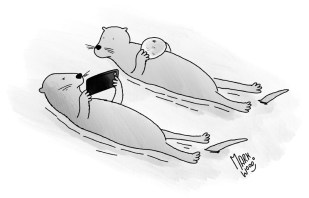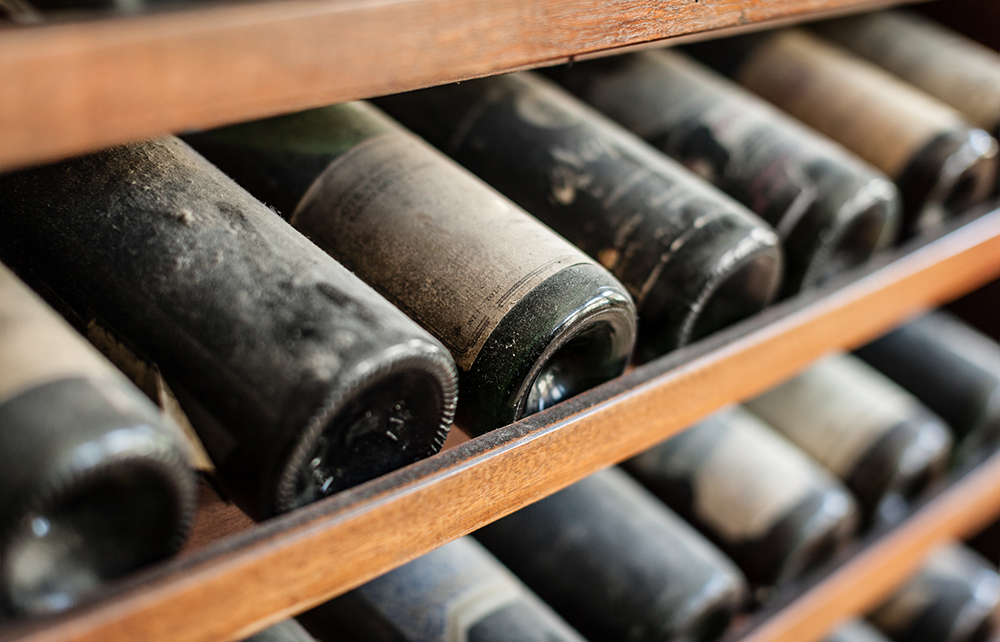Drink and longevity: there seems to have been a successful counter-attack against the puritans, prohibitionists and other health faddists. Indeed, there is virtually a consensus that red wine has almost medicinal properties. That said, a confusion about so-called units remains. When the measurement was explained to me, I said that it sounded adequate. ‘Really?’ ‘Yes, that ought to be more or less enough.’ Then the cross-purposes were unscrambled. The 98 units or whatever – a figure clearly designed to give a bogus authority to the calculation – was a weekly total, not a daily one.
There’s no reason why
a normal wine-drinker should not live to be an old soak
There was a delightful medic called Patrick Trevor-Roper, the brother of the historian, but an altogether more amiable character. Patrick was a distinguished eye surgeon, spoken of with affection and respect by the many acolytes whom he trained. I once asked him about drink and health. His reply was reassuring. He said that unless one had an unlucky liver – ‘if that were true of you, Bruce, you’d know by now’– and as long as you took most of your refreshment in the form of wine, there should not be a difficulty. But if, like too many of my fellow Scots, you drank whisky in the quantities the French devote to wine, that would be a problem. There was, however, no reason why a normal wine-drinker should not live to be an old soak.
Another aspect of wine and long life occurred to me recently, after a couple of tastings. I have little confidence in my own ability to assess very young wines; nor am I a natural spitter. I once wrote of a yearling Latour that it was awesome and majestic, like a great mountain range dominating the sky, covered in cloud, but with the power shining through. I am sorry if that sounds pretentious, but Latour makes implacable demands on the language.
This time, I was tasting some 2023s, including Lafite. Although it did not have the raw strength of the Latour, this was clearly a great wine in the making. It had subtlety, length, depth and confidence. There was also a Duhart-Milon 2018 from the same stable. At first sip, I thought that it was the greater of the two. Not so, but it is a formidable wine. The obvious question is: when will these bottles be ready to drink? The experts were evasive. I would have thought ten years at the very minimum. Anybody born in 2023, with indulgent relations, would perhaps be able to look forward to the Lafite as the centrepiece of his 50th-birthday celebrations.

What about the aspirant old soak, cheered up by the Trevor-Roper dictum but with no realistic expectation of making a century? A few decades ago, a judge sentenced an 80-year-old villain to 14 years in prison. ‘My Lord,’ said the criminal; ‘I’ll never live to serve it.’ In reply, the judge almost sounded compassionate. ‘Well, you must serve as much as you can.’
For those of us still at liberty, it is a matter of extending life expectancy to keep pace with the cellar’s maturing. If I were rich enough, I would pile into the 2023s. For one thing, unless the world economy implodes, they will be an excellent investment. If all else fails, it is an investment which could be liquidated.
Well-seasoned drinkers and Château Lafite made me think of the late Jacob Rothschild, himself a man of great subtlety, length and depth: a paladin of old European high culture and a considerable oenophile. His London office was in Spencer House, just off St James’s Street, and he often used the Il Vicolo restaurant, much praised here, as a works canteen. He never booked a table, but merely sent one of his staff across with a bottle of Lafite: his own house wine. Gaudeamus igitur. Let us enjoy wine while we may.







Comments